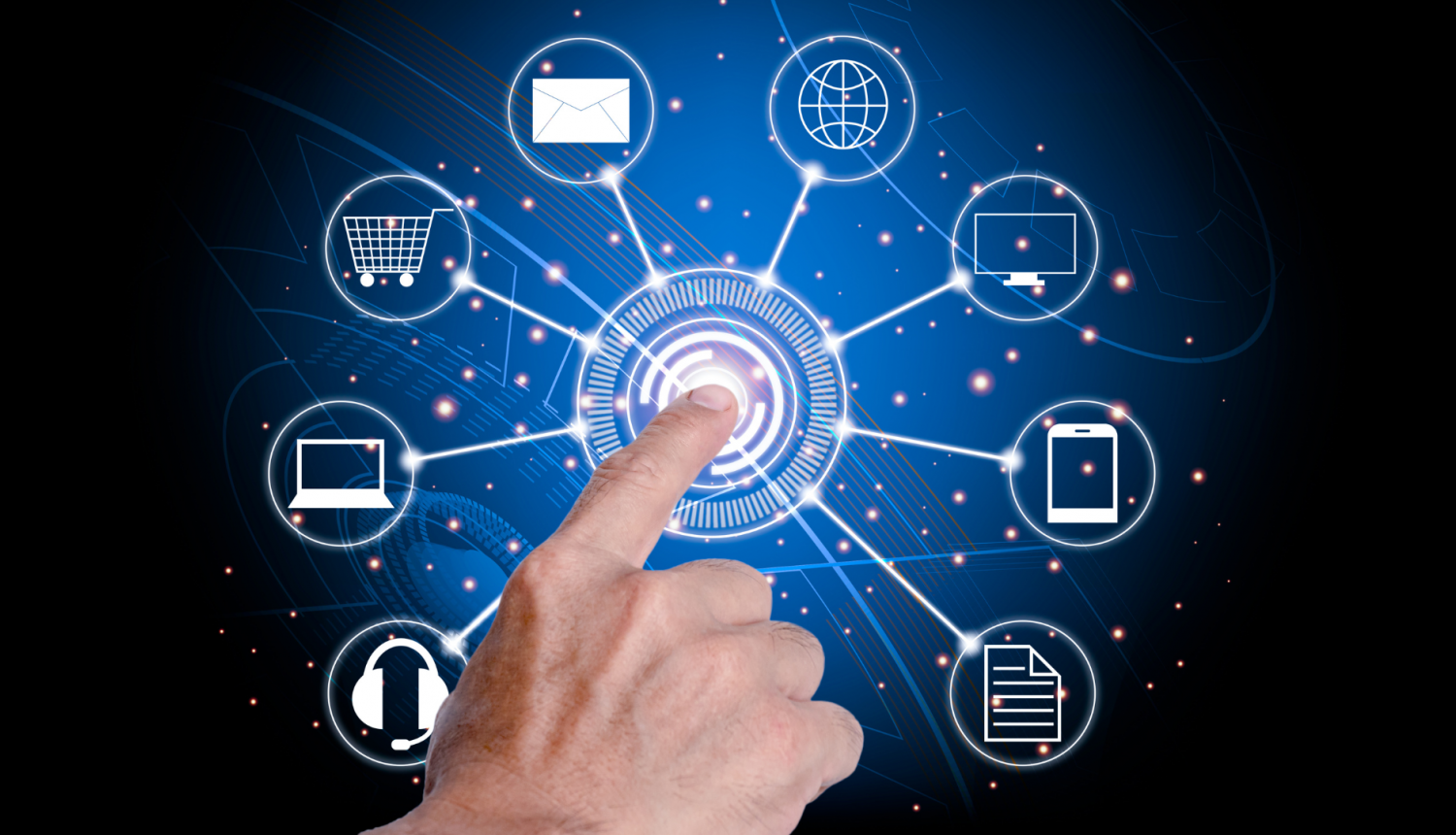Today, on July 2, the European Commission published the 2024 reports on the state of the digital decade in the European Union (EU) and each EU member state, evaluating the countries' progress towards the EU’s digital goals for 2030. The reports focus on four main pillars: digital skills, digital infrastructure, business digitization, including the use of artificial intelligence, and the digitization of public services.
Minister for Smart Administration and Regional Development Inga Bērziņa stated: “Latvia continues to be among the leaders in the EU in terms of public service digitization and the use of electronic identity, which ensures that our country’s residents and businesses have convenient and secure access to modern digital solutions. We are committed to continuing our work on developing digital skills and infrastructure to ensure sustainable growth and competitiveness in the future. At the same time, we are working intensively with other sectors to define ambitious digital transformation goals in other areas as well.”
According to the 2024 Digital Decade report, Latvia continues to make a significant contribution to achieving the EU’s digital decade goals in public service digitization, electronic identification (eID), and e-health development, exceeding the EU average.
Regarding public services for citizens (88.2%) and businesses (87.2%), Latvia is above the EU average (79.4% and 85.4% respectively). Moreover, 78.4% of Latvian citizens are e-government users, exceeding the EU average.
In the last 12 months, 70.2% of Latvian citizens have used electronic identification to access online services, significantly surpassing the EU average (40.7%). Since 2023, Latvia has also provided the possibility to access private sector e-services using eID and the signing integration application programming interface (API) and the eParaksts mobile application. As a result, the number of identity verifications using these tools has increased by 30% within a year. 38.3% of Latvian citizens access their personal health data online, exceeding the EU average (24.35%).
To protect and empower EU citizens and society, Latvia is implementing an inclusive digital transformation. However, efforts must continue to increase the level of basic digital skills among citizens, which is below the EU average, with relatively slow growth. Latvia has promoted the acquisition of digital skills, resulting in digital skills training being integrated at various educational stages, from early formal and informal education, training for employees, adult education, e-learning, and also the development of an individual learning account approach. Measures are also being implemented to improve the basic digital skills of women and girls, increase the number of ICT specialists, maintaining performance in this area above the EU average.
To achieve technological leadership for a competitive, sovereign, and resilient EU in very high-capacity network (VHCN) and 5G coverage, Latvia's growth rate is consistent and above the EU average. However, overall digital infrastructure indicators are lower than the EU average. Targeted national support measures are being taken for the deployment of mid and last mile network segments for the development of digital infrastructure. Latvia is making progress in the fields of semiconductors and quantum computing, but measures to promote the deployment of edge computing nodes need to be enhanced. Business digitization indicators (small and medium enterprises with basic digital intensity level, use of data analytics, artificial intelligence, and cloud computing) show significant growth, yet remain below the EU average. The report recognizes the measures taken to strengthen cybersecurity infrastructure and multinational cooperation, which is particularly important in the current geopolitical situation.
Latvia is implementing smart green policy in digital transformation, while the report recommends that Latvia align its approach to digital and green transformation, including promoting improvements in the energy efficiency and material efficiency of digital infrastructure, particularly data centers, and supporting the development and implementation of digital solutions that reduce carbon footprints in other sectors, such as energy, transport, buildings, and agriculture, including the use of these solutions by SMEs.
Latvia has submitted a roadmap for the Digital Decade to the European Commission, which is ambitious overall and covers all the goals of the digital decade, such as a human-centered digital space, resilience and security, sovereignty, greenness, and societal protection. It also includes measures to strengthen cybersecurity infrastructure and multinational cooperation, which is particularly important due to Latvia's geopolitical position. Most of the national target values are aligned with the EU target ambition level for 2030.
The EU's digital targets for 2030 are set by the European Parliament and Council Decision (EU) 2022/2481, establishing the policy program “The Path to the Digital Decade” for 2030: https://eur-lex.europa.eu/legal-content/LV/TXT/PDF/?uri=CELEX:32022D2481.
The European Commission's reports on the state of the digital decade are available at the link: https://commission.europa.eu/strategy-and-policy/priorities-2019-2024/eur
